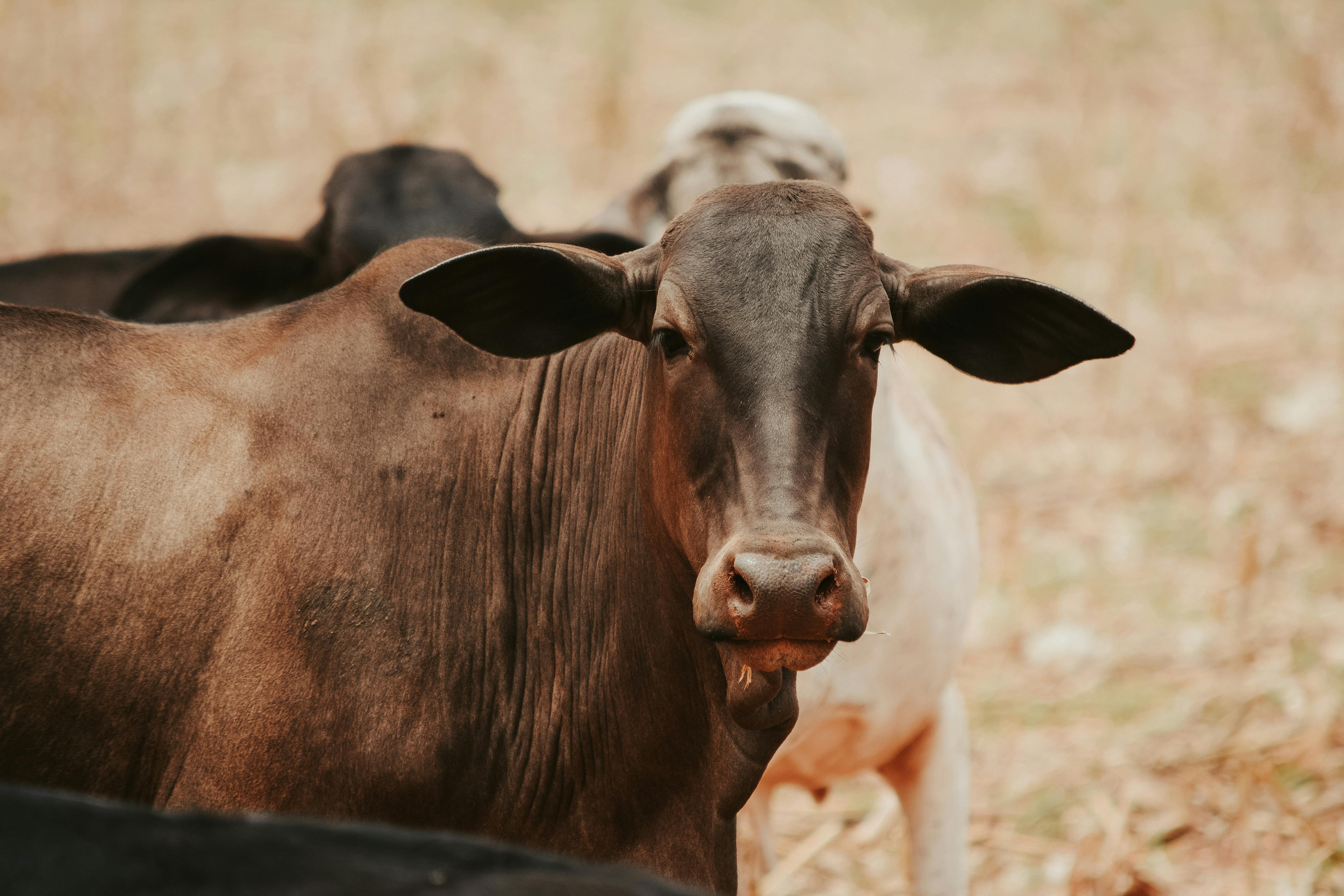el huay chivo
Legend has it that “Huay Chivo” is a magician in the shape of a large black goat, whose eyes glow red. He eats the chicken, and the people who have faced him succumb to high fever and illness.
A practitioner of black magic, he likes to carry out his diabolical acts in lonely and dark places.
According to what is believed, he is half human, half goat. He has the head of a goat and a human body but can assume other forms, such as a dog (Huay Perro).
So, walker, be careful of walking after midnight where the Huay goat roams, because this evil being that hates the light and loves the darkness, can pour out all his evil on you.
cenotes
There are many legends about the cenotes. Here are some of them:
A childless couple found a girl in a cenote whom they named Nicte-Ha (Water Flower). The girl grew in beauty and age and that is why a Mayan warrior loved her. One day he ran after her to catch up with her and she fell into a cenote and the water kept what was hers. Her body appeared later, floating in the cenote. White flowers appeared in the girl’s mouth and two white doves were scattering the flowers all over the ceonte. When the moon is full, Nicte-ha sings in the cenote while her cursed stalker wanders through the forest.
The high priest of Chichén Itzá, Ah Kinxoc, had a beautiful daughter named Oyamal. Two brother princes, Ac and Cay, fell in love with her. Cay was chosen but in his anger, Ac locked Oyamal in the cloister of Chichén Itzá, and Cay in the waters of Kauá. Cay crossed the underground labyrinth until he reached the cloister, but Ac surprised the couple, who managed to hide in the cave where they still remain and on Xac nights (January), a voice is heard saying Yacumá! (I love you).
A Mayan priest committed the sacrilege of falling in love with a princess and they both hid in the caves of Xtacumbil-Xunan. But the enraged spirits transformed the princess into a stone statue (some cave figures) and the priest into one of the seven cave lakes called Putsu. When the human voice is heard there, this lake recedes and returns when all is silent. The water is the soul in pain of a priest who scares and flees when he hears voices.
Many fantastic beings, like the aluxes, live or are related to the cenotes. Landa (Spanish priest) supposed that the cenotes were formed when lightning struck the surface. The Mayans had similar beliefs, as it follows the creation of the Xlacah cenote from Dzibilchaltun. An old and tired man came to his son’s house to ask for a piece of bread. The ungrateful son, despite enjoying many comforts, denied his father food. God took the appearance of the old man and went to ask his son for help, who again refused. Then, God, to punish the ungrateful, caused lightning to fall on his house. Sunk into the ground, the Xlacah cenote was formed.
The name of Yucatan
The name of the peninsula was given during the Spanish conquest. Although there are several affirmations that agree that this origin would have been due to a verbal misunderstanding (between) the Mayans and the conquerors, they are all quite uncertain.
One of them tells that a Spaniard approached a Maya and asked him for the name of the land, to which the Maya replied: Yuk ak katan (I don’t understand your language). In another, the answer was Yucatan (I’m not from here). Others say that the Mayans answered uh yu uthaan (listen to how they speak) and the Spanish heard Yucatan. In another answer they said Ci u than (I don’t get it).
Probably the first narrator of the story of “I do not understand” was Toribio de Benavente, Motolinia, who writes at the end of chapter 8 of “Treatise III”: “Because speaking with those Indians of that coast, what the Spaniards said to the Indians: “Tectetán, tectetán”, which means: “I do not understand you, I do not understand you”: the Christians corrupted the word, and not understanding what the Indians were saying, they said: “Yucatán is called this land”; and the same thing was on a cape, which was also called cape Cotoch; and Cotoch in that language means house”.
